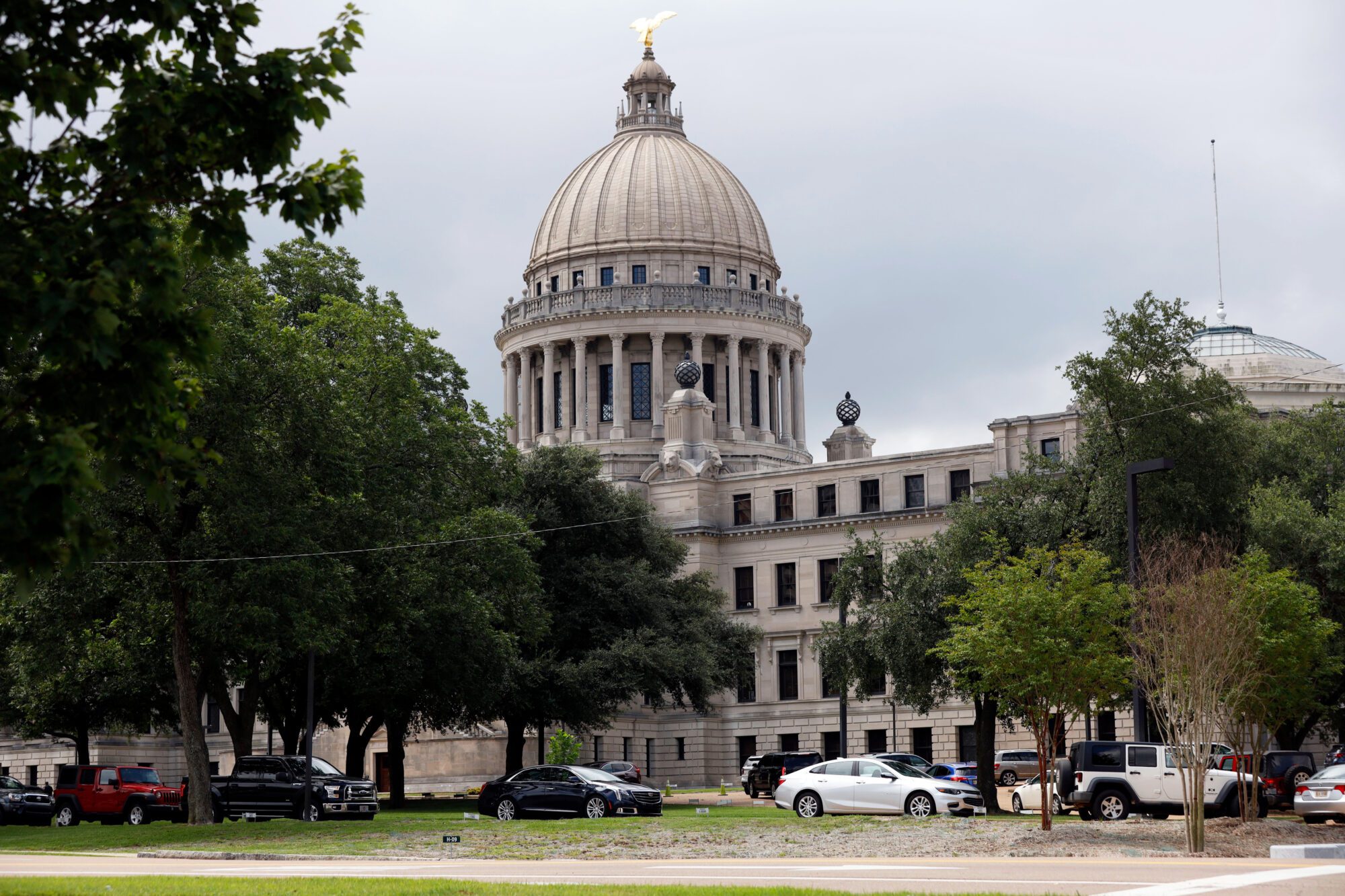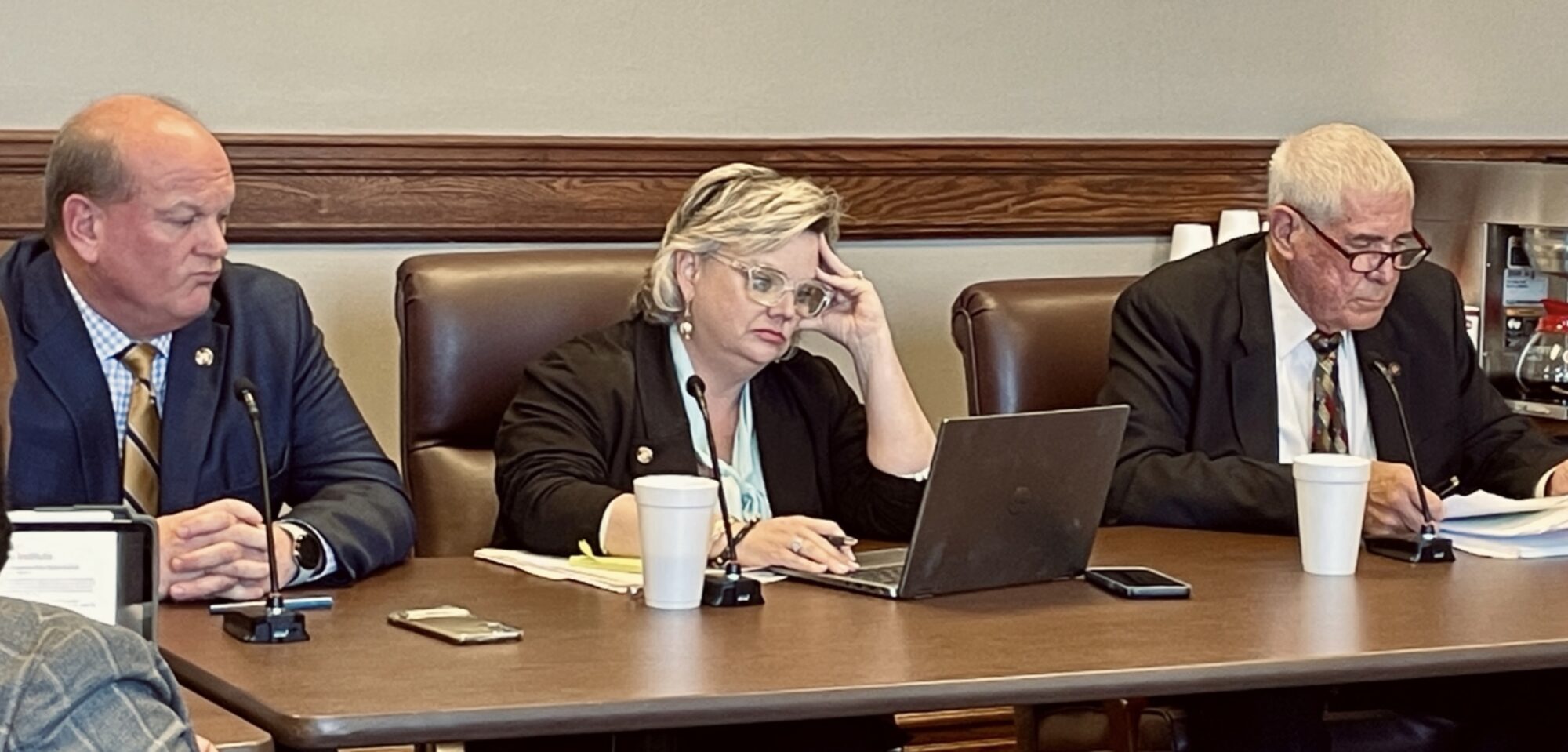
- U.S. Chamber of Commerce likely to sue over the new rule backed by labor unions and the Biden Administration.
The Federal Trade Commission (FTC) has voted 3-2 in favor of banning noncompete agreements, with the three Democratic members voting in favor of the ban and the two Republican members opposed.
Labor unions and the White House have backed the ban for well over a year.
According to the FTC, the final rule bans new noncompetes with all workers, including senior executives, saying that the agreements are “an unfair method of competition—and therefore a violation of Section 5 of the FTC Act—for employers to enter into noncompetes with workers after the effective date.”
“Senior executive” are defined in the rule as workers earning more than $151,164 annually who are in a “policy-making position.” The FTC says this impacts less than 1% of workers.
As for existing noncompetes, the final rule adopts a different approach for senior executives than for other workers.
“For senior executives, existing noncompetes can remain in force. Existing noncompetes with workers other than senior executives are not enforceable after the effective date of the final rule,” the FTC noted.
An estimated 18% of workers, or 30 million people, are covered under noncompetes, per the FTC.
The FTC estimates that banning noncompetes will result in reduced healthcare costs, new business formation, a rise innovation, and higher worker earnings. The Commission believes the ban could mean $400-$488 billion in increased wages for workers over the next decade, with the average worker’s earnings rising an estimated extra $524 per year.
FTC Chair Lina Khan, an appointee of President Joe Biden, said in January 2023 when the change was first proposed that noncompetes “…block workers from freely switching jobs, depriving them of higher wages and better working conditions…”
On Tuesday, following the FTC’s vote, Khan said in a statement that the ban will ensure Americans have the freedom to pursue a new job, start a new business, or bring a new idea to market.
“Noncompete clauses keep wages low, suppress new ideas, and rob the American economy of dynamism, including from the more than 8,500 new startups that would be created a year once noncompetes are banned,” said Khan.
The Commission offered several alternatives to noncompetes allowing firms to protect their investments without having to enforce a noncompete.
“Trade secret laws and non-disclosure agreements (NDAs) both provide employers with well-established means to protect proprietary and other sensitive information. Researchers estimate that over 95% of workers with a noncompete already have an NDA,” the FTC noted, adding that those companies wishing to retain employees “can compete on the merits for the worker’s labor services by improving wages and working conditions.”
Tuesday’s vote banning noncompetes sets up a potential legal battle over the issue.
The U.S. Chamber of Commerce says it plans to sue over the new rule, as early as Wednesday.
In a call with reporters Monday reported by Bloomberg, the Chamber’s Chief Policy Officer Neil Bradley said the FTC doesn’t have the authority to issue the rule.
The rule “opens up a Pandora’s box where this commission or future commissions could be literally micromanaging every aspect of the economy,” Bradley said, as Bloomberg reported. “Agencies can’t exercise authority that Congress hasn’t given them. Congress has not given the FTC the ability to write regulations with respect to competition.”
In a March 2023 survey from the Chamber, 80% of their respondents utilized restrictive covenants – including noncompete agreements – but 62% said that less than 10% of their U.S. workforce is subject to noncompete restrictions. The survey also found that 78% of employers who responded offered additional compensation that covers the span of the noncompete duration or longer. Another 67% of their respondents agreed that a near-total ban on noncompete agreements would have a negative impact on their business’s talent strategy and/or compensation strategy.











